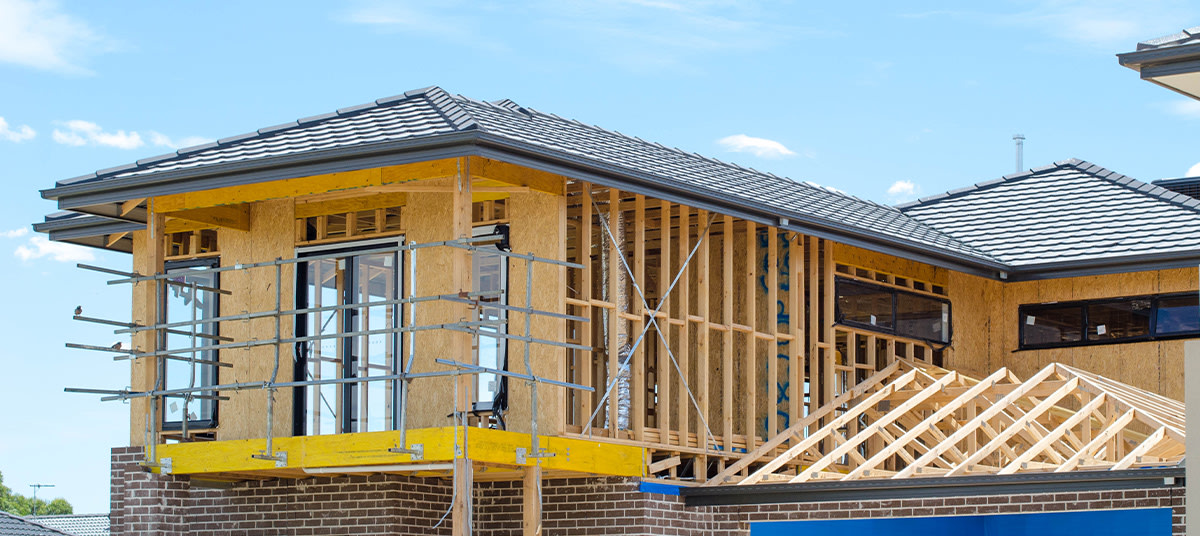
A bottleneck in the build phase is hindering government efforts to accelerate new housing delivery, Cotality research has found.
Policy change is “urgently needed” to boost the construction of quality housing if the government is to meet its target of building 1.2 million new dwellings by 2029, according to Cotality Australia’s head of research, Eliza Owen.
She said that, with approvals lagging and construction capacity under pressure, housing targets are looking increasingly unachievable.
However, Owen stressed that the delivery of homes was the major problem, not dwelling approvals.
“With 219,000 homes already under construction and completion times ballooning, the real bottleneck lies in the build phase, not planning reform,” she explained.
Tim Reardon, chief economist at the Housing Industry Association (HIA), has previously said that Australia will need to build more than 250,000 homes annually to meet the government’s target of 1.2 million homes.
However, construction companies continue to be stretched by rising costs and a shortage of tradies, in spite of government initiatives to boost numbers.
How can government lift housing supply?
Owen warned that a major part of sluggish house building was that the government has limited control over many of the factors that determine demand and supply.
For instance, despite state and local government policies to speed up planning and approval processes, relatively high interest rates and affordability constraints were keeping dwelling approvals low.
Commenting on the problem, she said that higher approval rates would not solve the housing shortage problem.
“Approvals could move higher in the coming months, as recent zoning reforms and incentives for new builds at the state level coincide with falling interest rates,” Owen said.
“But this could present a problem for the construction industry: it may add more new projects to an already swollen pipeline. It’s like turning up the tap on a bath that is already full.”
All eyes on roundtable
Later this month, the Treasurer will host an Economic Reform Roundtable, aiming to improve productivity, enhance economic resilience, and strengthen budget sustainability.
Housing is likely to feature heavily, with leaders across business, government, and industry set to discuss reforms that could reshape policy.
The HIA and the Mortgage and Finance Association of Australia (MFAA) have already made submissions urging for reforms to boost productivity and alleviate housing pressures.
In its submission to the Productivity Commission’s five inquiries on boosting Australia’s productivity, which will inform the roundtable, major lender Commonwealth Bank of Australia (CBA) also called for policy reforms to address housing affordability.
[Related: Building approvals rise, but more needed to hit housing targets]

